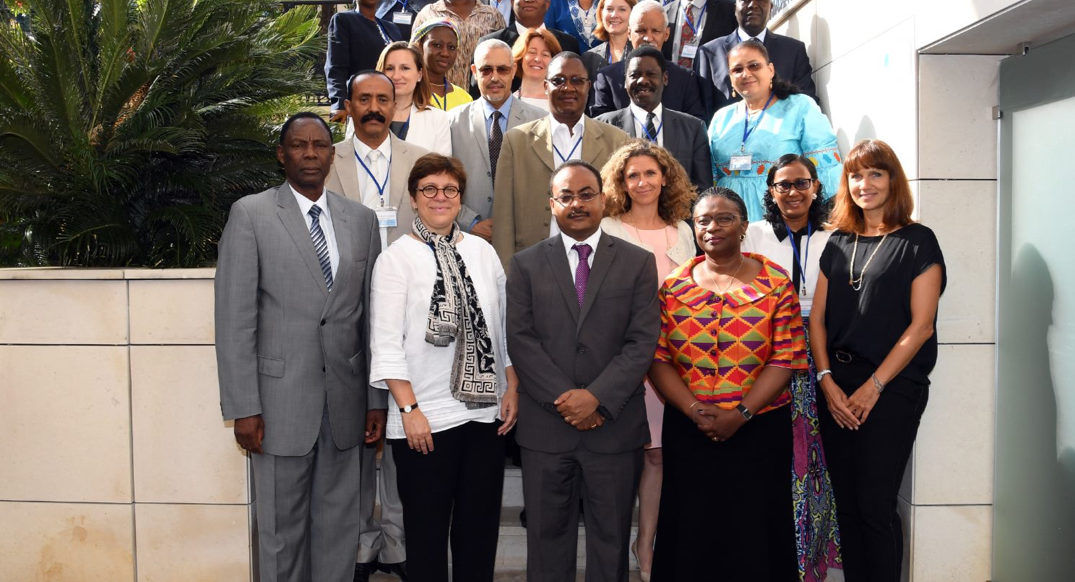
Isabelle Rosabrunetto, Director-General for Foreign Affairs Relations and Cooperation, opened a meeting organised by the World Health Organisation (WHO) on the elimination of malaria in the Sahel.
Also present were Dr Magda Robalo, of the Communicable Diseases group in the WHO Regional Office for Africa, and Dr Kesete Admasu, Executive Director of the Roll Back Malaria Partnership Secretariat.
In delivering her keynote address last month, Dr Robalo reaffirmed that “WHO will continue to play its role as part of this new partnership platform and commended the Monegasque Government’s commitment in the fight against malaria in Africa, including this initiative to provide the Sahel countries with an appropriate framework for discussing the best approaches to making progress on the road to elimination.”
The aim of the meeting was to help accelerate efforts in the fight against malaria in seven Sahel countries – Cape Verde, Gambia, Mali, Mauritania, Niger, Senegal and Chad – four of which are priority countries for Monaco’s foreign aid programmes: Mali, Mauritania, Niger, and Senegal.
The meeting, which was attended by representatives of the Ministries of Health of those countries and WHO experts, took place over two days.
The fight against malaria is one of the flagship programmes of the Monegasque Directorate of International Cooperation. The Government of Mauritius has been supporting the WHO malaria programme since 2010.
During her opening remarks, Isabelle Rosabrunetto assured the participants of the “faithful partnership of Monaco, alongside the WHO and the Sahelian countries, to stem the scourge that plagues so many human beings “.
Malaria, a preventable and treatable disease, caused 429,000 deaths worldwide in 2015. Children are the most affected with 303,000 children under five years of age, one child every two minutes, succumbing to the disease. Sub-Saharan Africa pays the heaviest price with 92 percent of these deaths.
WHO aims to reduce the number of new cases of malaria and the deaths caused by malaria by 90 percent by 2030, but currently there are insufficient financial resources. To this end, WHO calls on affected countries and development partners to increase their investments to accelerate progress towards the elimination of malaria.
